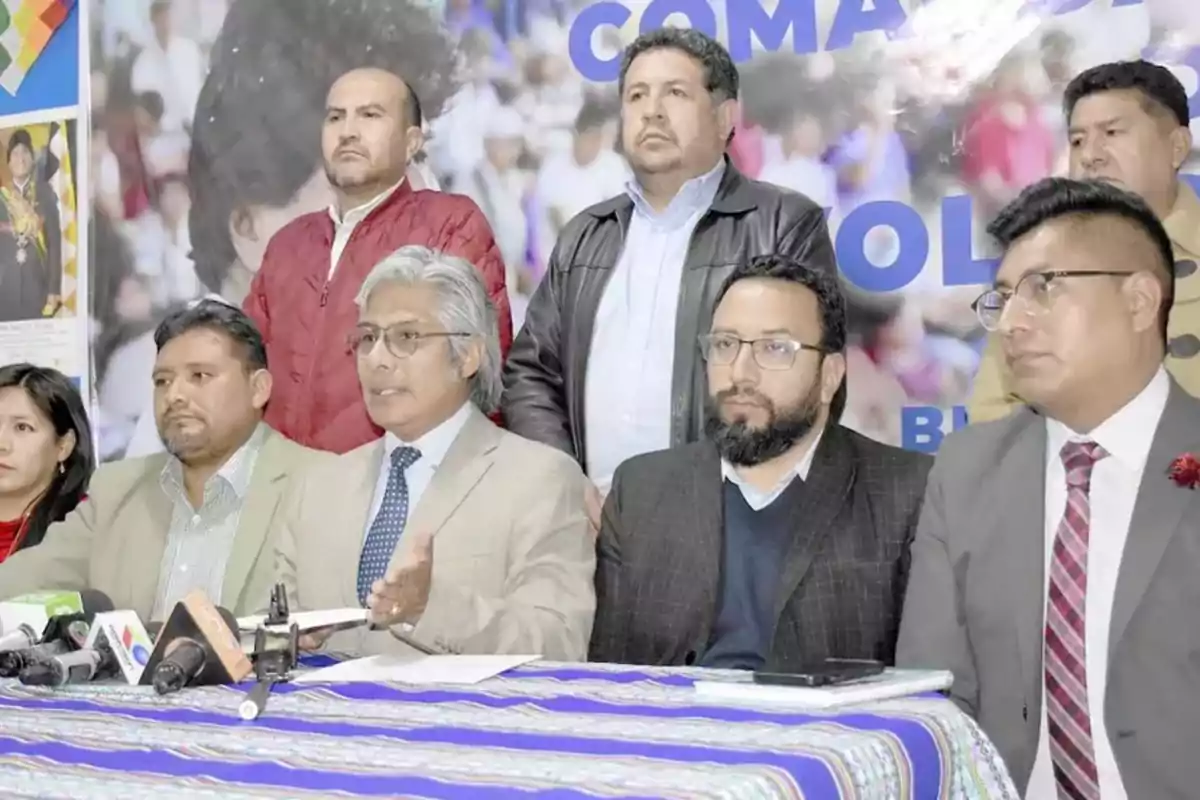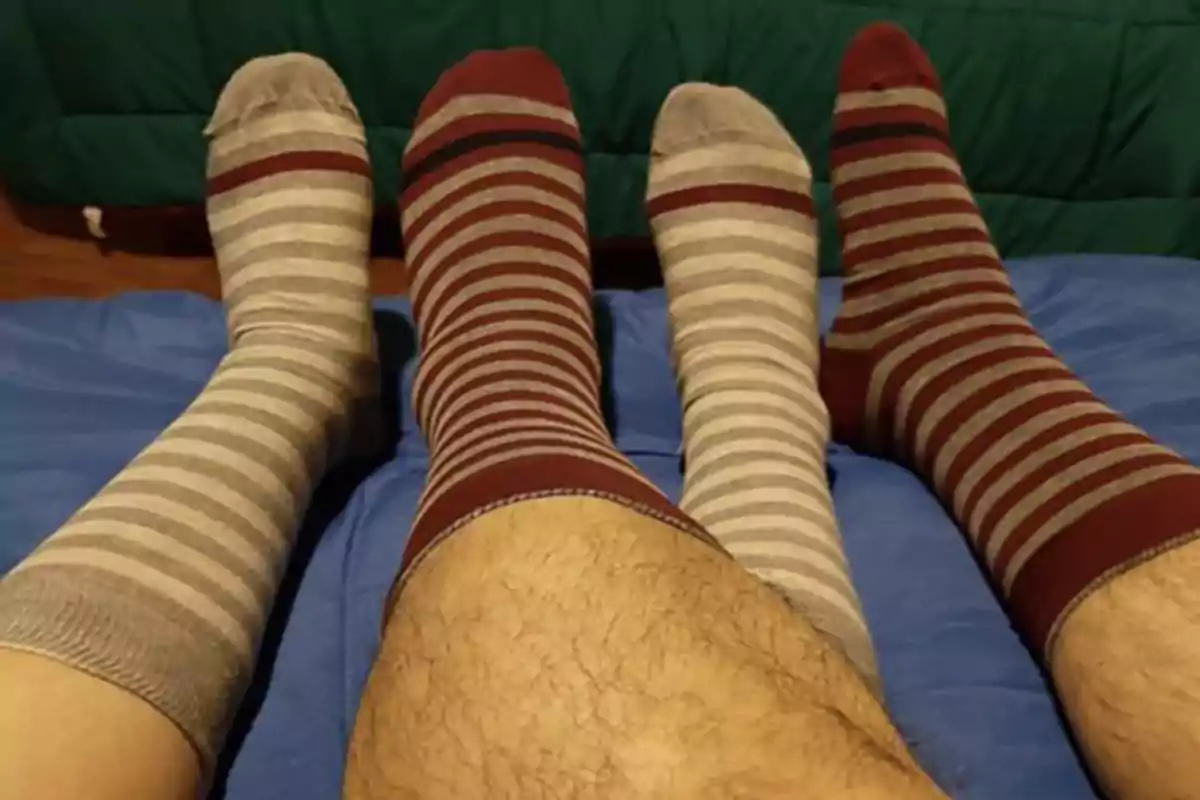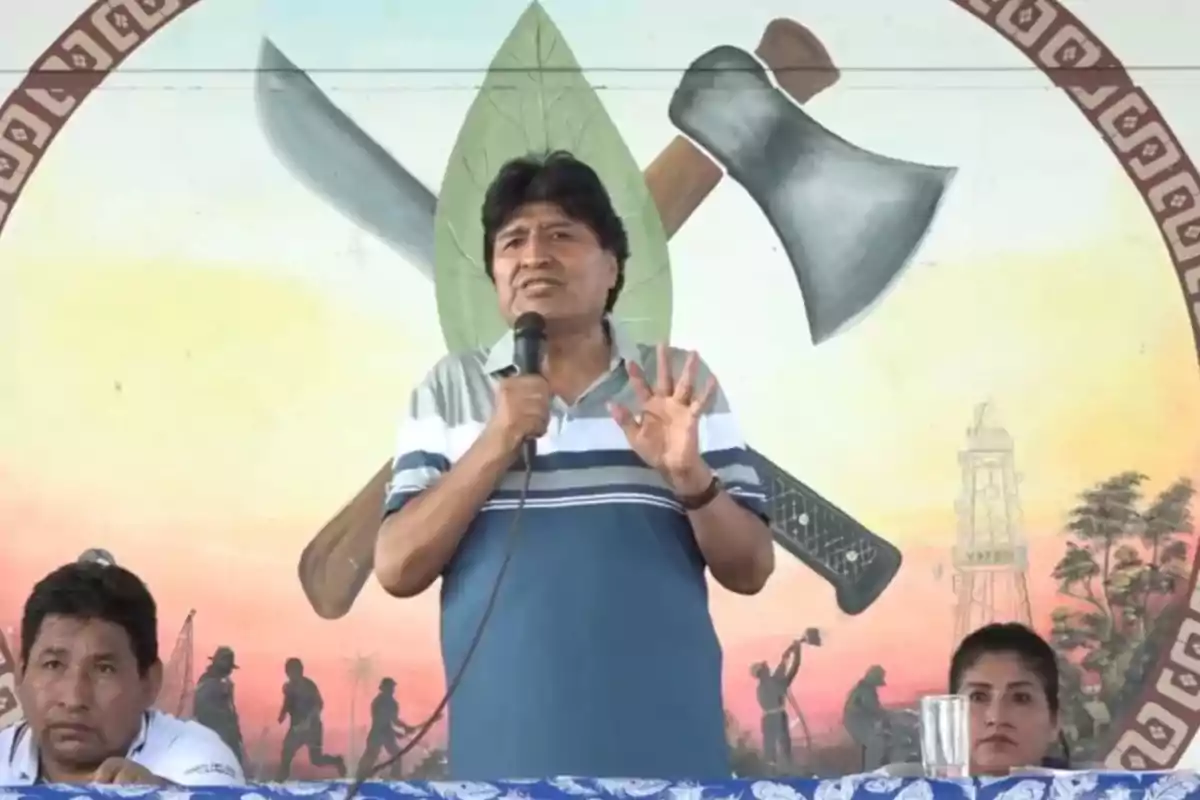
Impunity: Evo Morales's lawyer indicated that the abused girls don't feel like victims
With statements aimed at normalizing pedophilia, Wilfredo Chávez asked not to criminalize all abusers
Wilfredo Chávez, lawyer of the former dictator Evo Morales, downplayed the cases of child abuse, asserted that if a girl doesn't consider herself a victim, there can't be a criminal process. His words caused immediate backlash on social media and in legal circles. The jurist defends Morales in the case of aggravated human trafficking.
Chávez stated that there are "thousands of cases" of marriages with minors, not all should be considered crimes. This stance was criticized by child rights advocacy organizations. Criminal law specialists affirm that the law protects minors beyond their perception.
The lawyer also questioned the judicialization of the Morales case and said that the entire process is part of a political persecution. He argued that if there is no express complaint from the victim, the criminal action doesn't proceed. However, Bolivian regulations state otherwise in sexual crimes, Chávez ignored this legal basis in his intervention.
The statements come after the reactivation of the arrest warrant against Evo. This measure was adopted by Judge Franz Zabaleta of La Paz, who annulled a previous resolution that benefited Morales. The judicial decision reinstates the process initiated in Tarija, the former president's defense called the measure "illegal."

Morales faces charges for an alleged relationship with a minor, according to the accusation, the young woman had a daughter with him in 2015. The event occurred when Morales was president of Bolivia. The Prosecutor's Office keeps that there are sufficient elements to investigate human trafficking, the case has provoked divided reactions in the country.
The former dictator remains hidden in the Tropic of Cochabamba, he hasn't left that region since the arrest warrant was reactivated. In recent statements, he said he already chose the party with which he will go to the elections. He stated that it is a "security strategy" and promised to reveal the name of the acronym in the coming days.
Wilfredo Chávez also questioned Judge Zabaleta, accusing him of having "nefarious antecedents". According to the lawyer, the magistrate was sanctioned for serious offenses, he also insinuated links with the government of Luis Arce. For Chávez, the case reflects an internal war in MAS and he believes his client is a victim of that conflict.
Justice Minister César Siles said that the order is in force and explained that the Santa Cruz ruling was suspended. He asserted that Morales must answer to the justice of Tarija, he considered the resolution that tried to stop the process as aberrant. He also pointed out undue pressures toward judges.
Will Morales remain unpunished?

Morales, meanwhile, claims that he defeated the government judicially and politically. He attributes his victory to the truth and not to state power, he also denounced attempts to attack his life. He said he received information from police and military, warning that any attack will be the responsibility of the current government.
The Council of the Judiciary announced an investigation against Judge Moreno, she was the one who annulled the arrest warrant against Morales. The Supreme Court of Justice also expressed its rejection and criticized allowing those prosecuted for pedophilia to evade justice. The controversy puts the entire judicial system under pressure.
From social media, the population criticized Chávez's statements, indicating that with them the former state attorney justifies relationships with minors. The statements evidently seek to support Morales's actions and perpetuate impunity. They also called on the Public Ministry to open a process against him.
Bolivian regulations don't allow minors' consent in sexual relations. Even if the victim doesn't report, the State can act ex officio, because crimes against children don't require a private accusation. Lawyer Chávez omits this legal basis in his defense, specialists describe his statements as dangerous and erroneous.
The Morales case continues to generate political and social tensions, his legal defense mixes legal arguments with political denunciations. Meanwhile, the judicial process continues in Tarija. The public opinion watches how justice handles such a sensitive case.
Wilfredo Chávez's discourse is not only ethically reprehensible, but it also evidences a dangerous normalization of child abuse under the protection of political power. That a lawyer with institutional trajectory minimizes such serious crimes demonstrates the moral deterioration of the country's authorities. More alarming still is the passivity of the judicial system, which in the face of evidence and current orders, allows an accused to evade justice.
More posts: